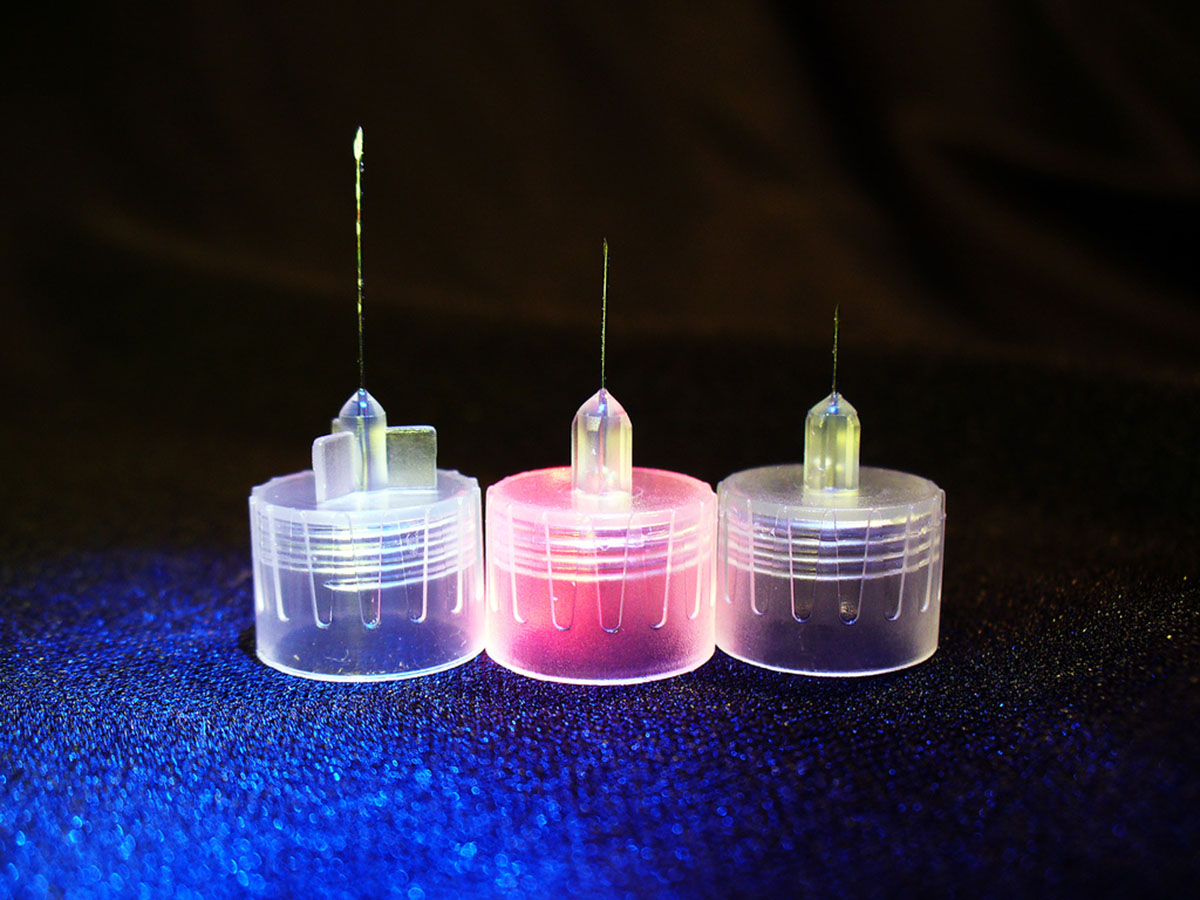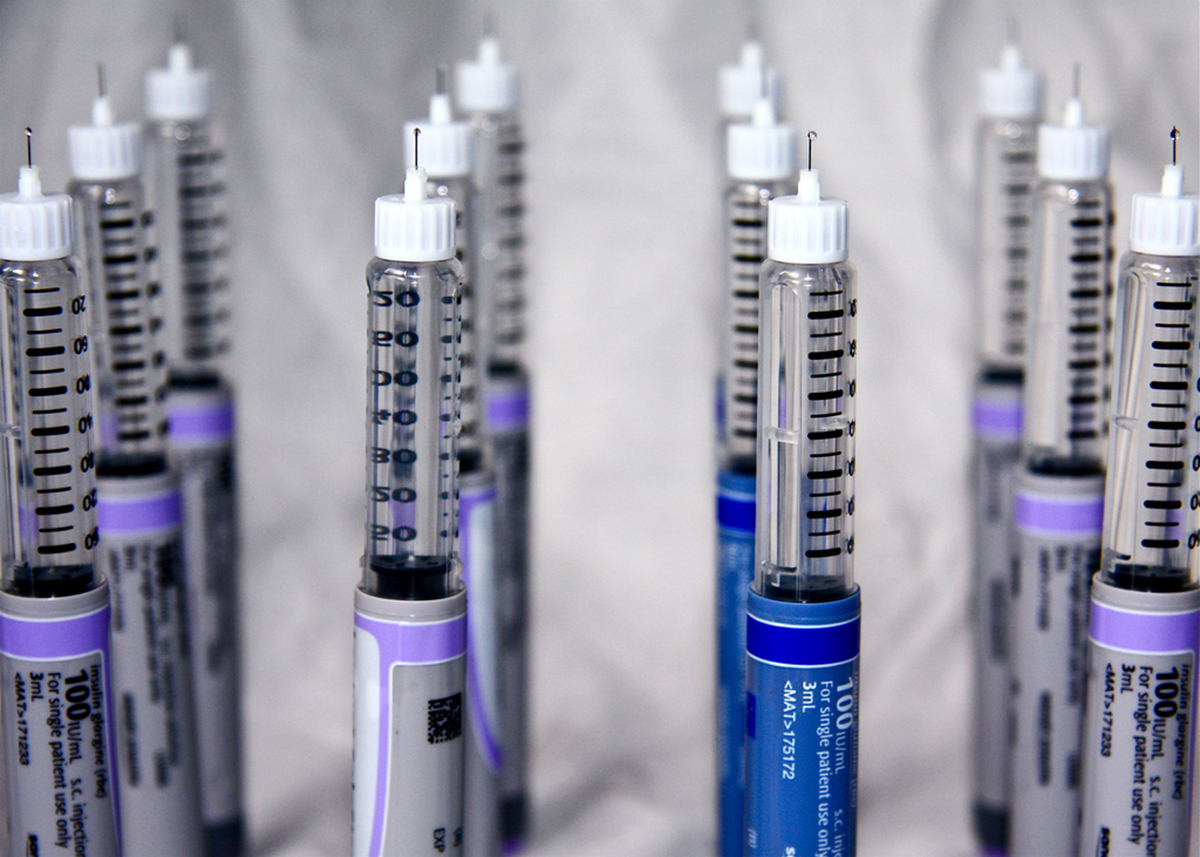Diabetes is a life-long condition characterized by high blood sugar levels (hyperglycemia). Close to 30 million Americans, or over nine percent of the population have type 2 diabetes. Most of these people have been diagnosed with the condition, while others are not aware they have the condition. It is the 7th leading cause of death in the US, although it may be under reported as a cause of death. Many people who die from other causes also have diabetes listed as one of their diseases.

Insulinis a hormone produced by the body to help cells absorb and utilize glucose (sugar) from digested food.
When this happens for a long time, the body is unable to produce enough energy and sugar accumulates in the blood and tissues.
Conventional Treatments for Diabetes
Diabetes is a serious condition that has no cure. The goal of treatment is to control blood sugar levels to prevent complications. These complications include high blood pressure, high cholesterol, heart disease, stroke, kidney disease, blindness, and non-healing wounds.
Eating a low-fat, low-calorie diet and regular exercise are necessary to lower blood sugar levels as well as to control weight. Commonly used medications include oral and injectable drugs, which must be taken regularly. These include drugs that work in different ways, such as increasing cellular insulin sensitivity, stimulating insulin release from the pancreas, reducing the release of sugar from the liver, slowing the breakdown of sugars, and lowering blood cholesterol levels. Drug treatment is usually guided by monitoring blood sugar levels and watching out for complications.
See Also: Nanotechnology: Revolution In Diabetes Care
Trulicity (Dulaglutide), a New Anti-Diabetes Drug
A new drug has been recently approved by the US Food and Drug Administration (FDA) for the treatment of diabetes. Trulicity (dulaglutide), a drug manufactured by Eli Lilly and Company, is a glucagon-like peptide-1 (GLP-1) receptor agonist, which reduces blood sugar levels by increasing insulin production and release. It also reduces the release of glucagon, a hormone that increases blood sugar levels (opposite in action to insulin). In addition, dulaglutide increases satiety and delays gastric emptying, thus decreasing one’s appetite. The drug, which mimics the action of a naturally occurring peptide, is resistant to deactivation in the body and results in long-lasting control of blood sugar levels. It is therefore used only once a week. It can also be used alone or in combination with other anti-diabetic drugs.
Trulicity is an injectable drug that is administered under the skin (subcutaneous). Its effectiveness and safety were evaluated in clinical trials that involved over 3,300 patients with type 2 diabetes. Patients who received Trulicity exhibited an improvement in blood sugar control as seen with reductions in their HbA1c levels. Hemoglobin A1c (HbA1c) is a measure of long-term blood sugar control.
Using Trulicity As A Treatment For Diabetes
Recent studies have shown the effectiveness of Trulicity in controlling blood sugar levels.

This means that it should not be the first medication to be considered in treating diabetes. For one thing, people who have high blood sugar levels must be sure to modify their diets and increase their physical activity first. In many cases, it has been shown that lifestyle modification alone can improve hyperglycemia and reduce excess weight, which contributes to the disease. Furthermore, the FDA requires new drugs like Trulicity to do more post-marketing studies to further evaluate their dosing, safety, and efficacy.
Like any drug, Trulicity has some side effects. The most common side effects noted during the clinical trials were decreased appetite, nausea, vomiting, diarrhea, and abdominal pain. However, these are not the only possible side effects, and people are encouraged to report other side effects.
Trulicity is indicated only for patients diagnosed with type 2 diabetes, but not for people with type 1 diabetes. The manufacturer warns that Trulicity must not be used by people who have a history of severe gastrointestinal disease, or those with diabetic ketoacidosis. It must not be used as a substitute for insulin. Patients who are taking Trulicity with other medicines that can lower blood sugar levels have a greater risk of getting very low blood sugar levels (hypoglycemia). They are advised to talk to their doctors about managing low blood sugar levels.
Previous studies have shown that drugs that work like Trulicity can cause thyroid cancer in rats. People who have a personal or family history of developing thyroid tumors are advised to avoid using the drug. In addition, patients who are currently taking the drug must tell their doctors if they develop symptoms of thyroid cancer, which include a swelling or lump in the neck, trouble swallowing, hoarseness, or shortness of breath. It is not known if it is safe to take Trulicity while one is pregnant.
See Also: FDA Approved: Inhaled Insulin For Diabetes
Patients must also inform their doctors if they have any kidney problem, because the side effects of Trulicity (nausea, vomiting, and diarrhea) may cause a worsening of the kidney problem due to loss of fluids or dehydration.
Finally, it is important to remember that there is no single drug treatment that is best for everyone. What works for another person may not work for you. The treatment of diabetes also involves maintaining a healthy lifestyle, monitoring of blood sugar levels, and avoiding its complications. Consult your doctor about your diabetes treatment plan.
Disclaimer: This information is not meant to take the place of medical advice. We encourage you to talk to your doctor about the treatment of your condition and what may be best for your overall health.
- WebMD. Weekly Injectable Type 2 Diabetes Drug Approved. http://www.webmd.com/diabetes/news/20140919/fda-approves-another-weekly-injectable-drug-for-type-2-diabetes
- FDA. FDA approves Trulicity to treat type 2 diabetes. http://www.fda.gov/NewsEvents/Newsroom/PressAnnouncements/ucm415180.htm
- Mayo Clinic. Diabetes treatment: Medications for type 2 diabetes. http://www.mayoclinic.org/diseases-conditions/type-2-diabetes/in-depth/diabetes-treatment/ART-20051004
- MedicineNet. Diabetes Treatment. http://www.medicinenet.com/diabetes_treatment/article.htm
- Photo courtesy of NapInterrupted by Flickr: www.flickr.com/photos/shuttercat7/427012994
- Photo courtesy of Heather Aitken by Flickr: www.flickr.com/photos/feathy123/3949274968
- www.webmd.com
- www.fda.gov
- www.mayoclinic.org
- www.medicinenet.com


Your thoughts on this